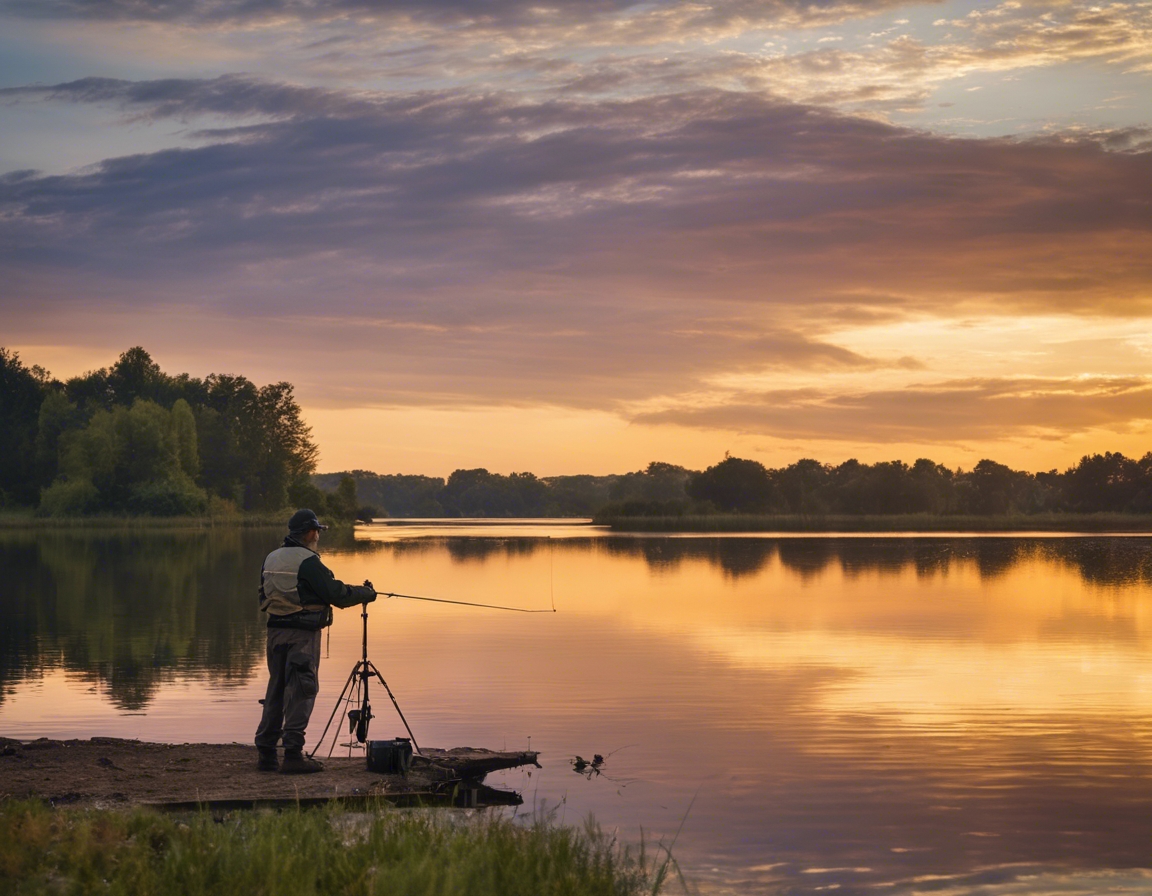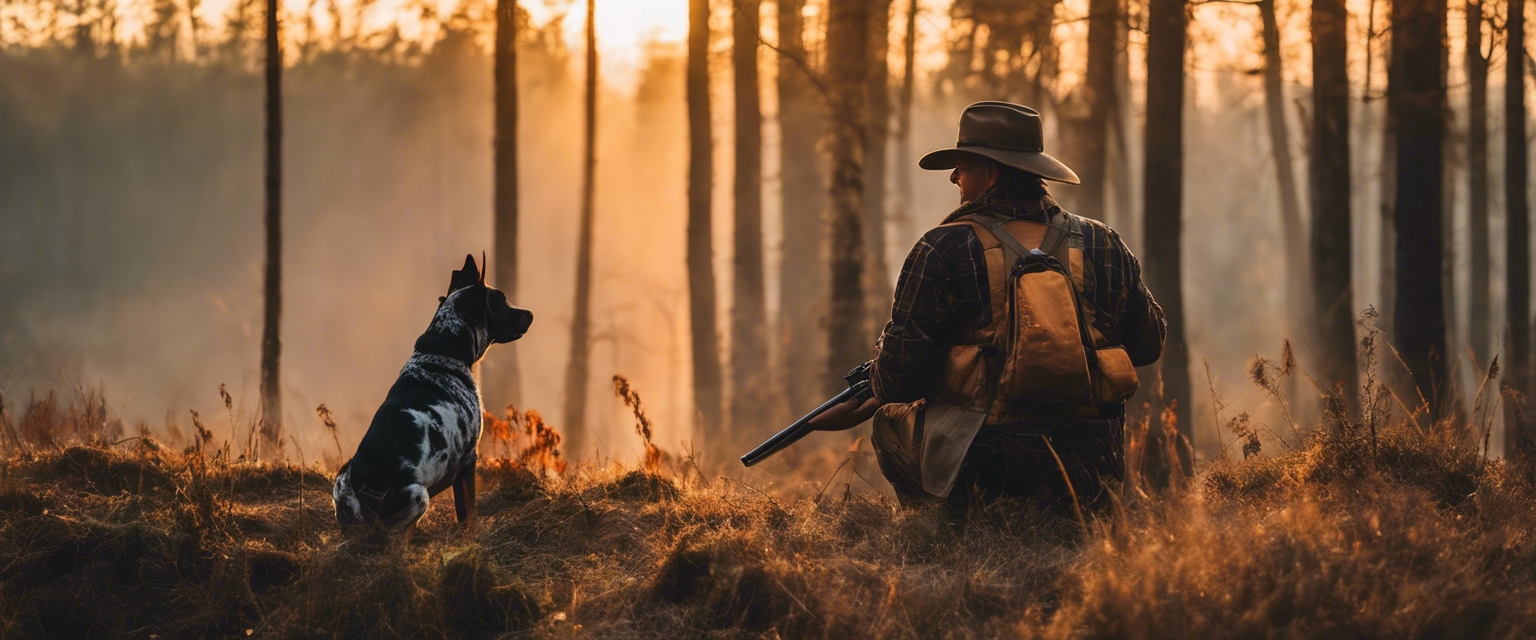How to train your dog for hunting season
Training your dog for hunting season is a rewarding process that strengthens the bond between you and your canine companion while enhancing your hunting experience. A well-trained hunting dog is an invaluable asset in the field, providing assistance with tracking, pointing, flushing, and retrieving game.
Hunting dogs have been bred for generations to assist hunters. They possess natural instincts that make them excellent at finding and retrieving game, but these instincts must be honed through consistent training.
Training your dog for hunting can lead to a more successful hunting season, ensure the safety of both the dog and hunter, and contribute to the conservation of wildlife by aiding in ethical hunting practices.
Essential Skills for Hunting Dogs
Obedience is the foundation of all hunting dog training. A dog that responds reliably to commands such as 'sit,' 'stay,' 'come,' and 'heel' is easier to control in the field and is less likely to encounter dangerous situations.
For many hunting dogs, retrieving is a natural instinct. Training enhances this skill, ensuring that the dog retrieves game gently and efficiently.
Training a dog to track and work with scents is crucial for hunting. This involves teaching the dog to follow the scent of game and to distinguish between fresh and old trails.
Physical conditioning is essential for a hunting dog's performance. Regular exercise ensures the dog has the stamina needed for long days in the field.
Training Techniques and Tips
Begin with basic obedience commands and gradually introduce more complex commands as your dog masters each level.
It's important to acclimate your dog to the sound of gunfire to prevent gun-shyness. This should be done gradually and in a controlled environment.
Field training exercises simulate hunting conditions to prepare your dog for the real experience. This includes working on commands at greater distances and in various terrains.
If you're training a waterfowl hunting dog, water work is essential. This includes teaching the dog to enter and exit the water properly and to retrieve in water.
Equipment and Gear for Training
A good training collar can aid in communication and correction during training sessions. There are several types, including electronic, choke, and prong collars.
Training dummies and decoys are used to teach retrieving and to accustom the dog to the look and feel of game.
GPS and tracking equipment can be invaluable for keeping track of your dog in the field, especially in dense cover or at long distances.
Maintaining Your Dog's Skills and Health
Consistent practice is key to maintaining your dog's hunting skills. Regular training sessions keep the dog sharp and responsive.
Proper nutrition and health care are crucial for a hunting dog's performance and longevity. A balanced diet, regular veterinary check-ups, and vaccinations are all important.
Training shouldn't stop when hunting season ends. Off-season training helps to keep your dog's skills sharp and ready for the next season.






Comments (0)